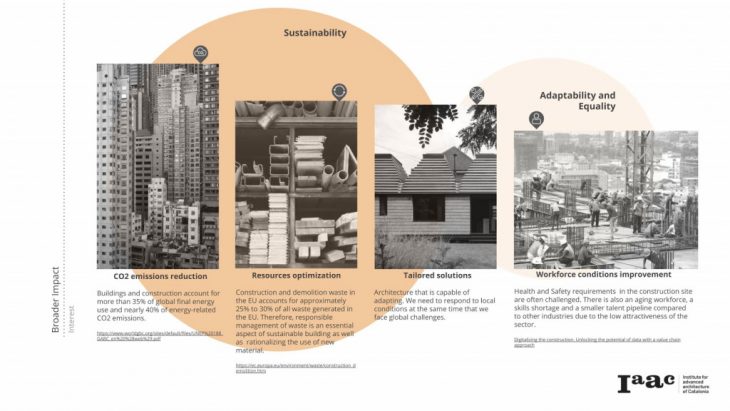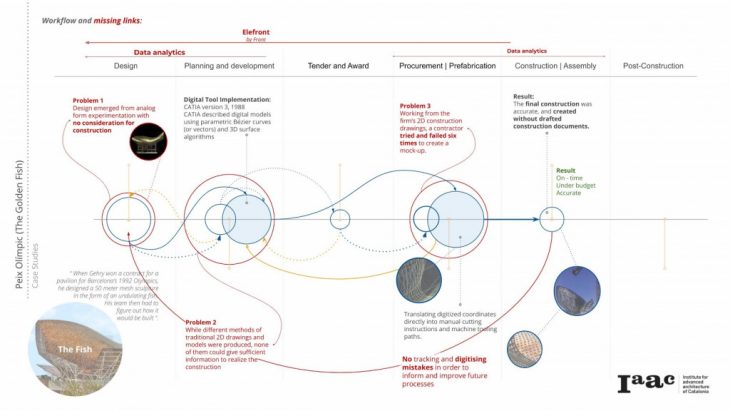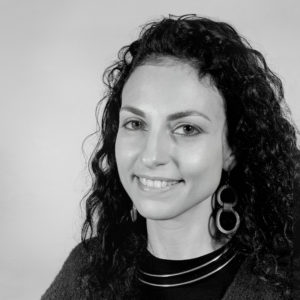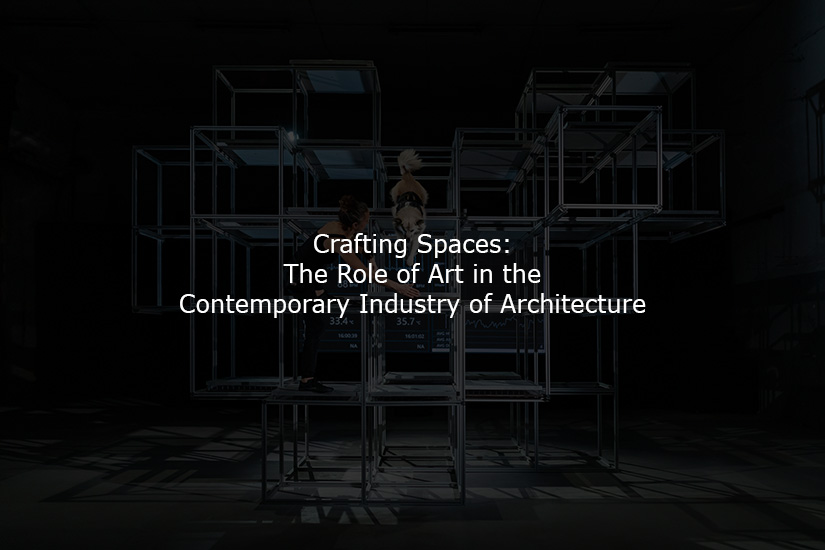The Master in Robotics and Advanced Construction prepares a new generation of interdisciplinary professionals who are capable of facing our growing need for a more sustainable and optimised construction eco-system, with a focus on the emerging design and market opportunities arising from novel robotic and advanced manufacturing systems.

Credits: MRAC2019/20, Applied Theory, Digitalisation of the Construction Sector, Faculty: Mathilde Marengo, Students: Elena Jaramazovic, Gjeorgjia Lilo, Anna Batallé
The Applied Theory course aims to give the MRAC students access to the front runners of this multidisciplinary field, who, through a master class format, share the challenges and learnings of their professional engagements in real case applications. Applied Theory is therefore a platform where the students have direct contact with professionals from diverse areas of expertise, furthering their formation and knowledge towards their own personal development in research, the industry and the professional realm in general.

Credits: MRAC2019/20, Applied Theory, Digitalisation of the Construction Sector, Faculty: Mathilde Marengo, Students: Elena Jaramazovic, Gjeorgjia Lilo, Anna Batallé
The course is furthermore oriented towards the development of students’ critical thinking capacities, engaging the students in a series of debates, questioning diverse approaches and possible outcomes, as well as the development of conclusive outputs, buildings towards propositive and innovative visions for practice in relation to robotics and the construction industry, along the three central topics of the Master Program: Materialising with Machines, Scanning and Learning Machines, Human – Machine collaboration.
https://youtu.be/oq8wZfk5g9I
VIDEO: MRAC2019/20, Applied Theory, Ec(h)o-ness: Ecological reverberations, Faculty: Mathilde Marengo, Students: Andreea Bunica, Irem Yagmur Cebeci
FOCUS
The Course is developed in a transversal manner, throughout the entire Master Program and is focused on the construction of an academic paper, following the format and requirements proposed by the ACADIA 2023 Conference (http://acadia.org/).
ACADIA – Association for Computer Aided Design in Architecture – is an international network of digital design researchers and professionals, facilitating critical investigations into the role of computation in architecture, planning, and building science. The association organises an annual conference that brings together the top experts in the field.
The course invites students to engage with the conference topic, content, and network and produce a Work-in-Progress paper that might be selected for conference participation by a panel of IAAC experts. Through the ACADIA conference, the course offers students the opportunity to navigate the most updated state of the art and connect with a network of professionals and academics in the field.






